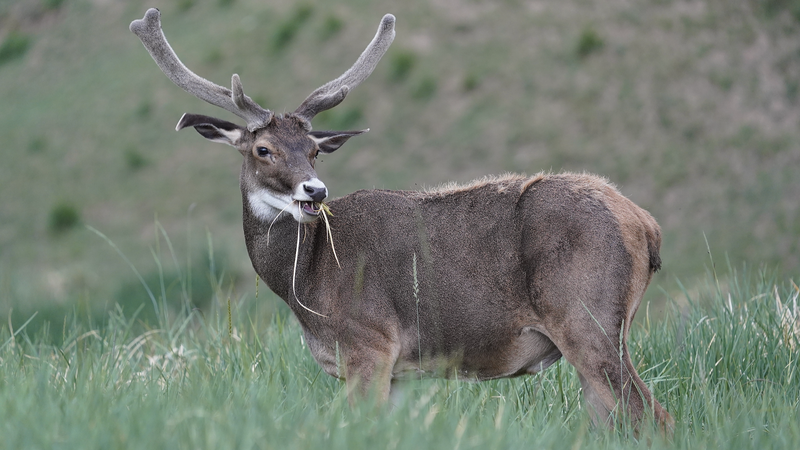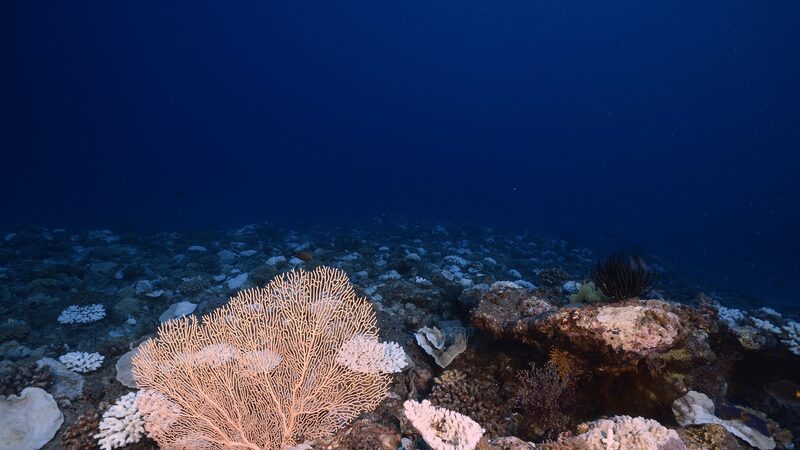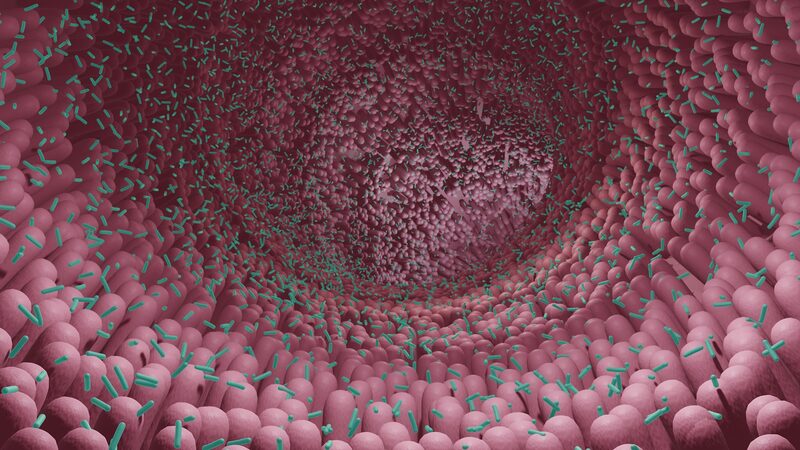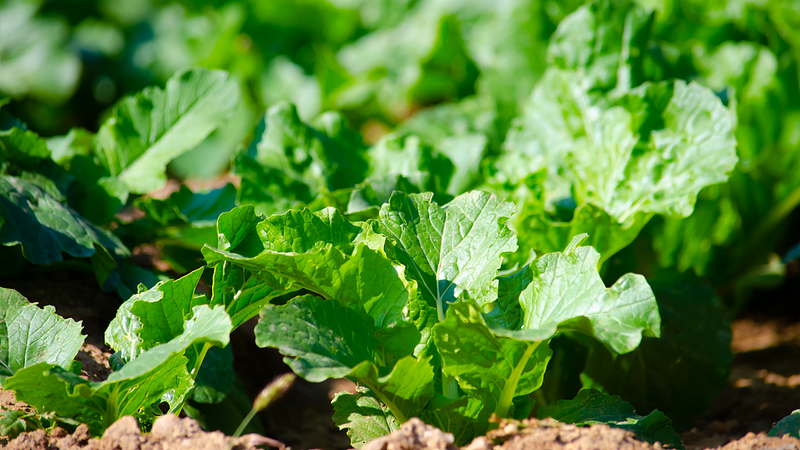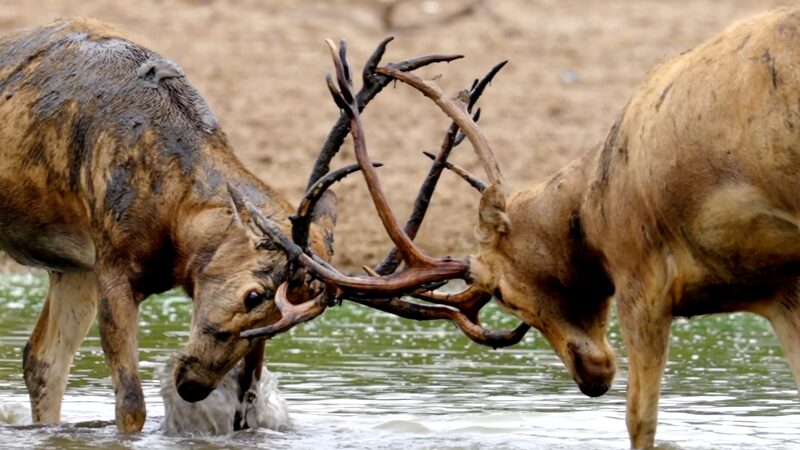Researchers have uncovered how gut microorganisms enable deer species to thrive in one of Earth's most extreme environments, according to a groundbreaking study published in BMC Biology. The findings shed light on the critical role of microbial communities in helping plateau-dwelling cervids adapt to high-altitude conditions characterized by low oxygen levels and extreme temperatures.
Conducted by scientists at the Northwest Institute of Plateau Biology (NWIPB) under the Chinese Academy of Sciences, the research analyzed microbial diversity in multiple cervid species across the Qinghai-Xizang Plateau. The study reveals how specific gut bacteria assist in nutrient absorption and energy metabolism – crucial functions for survival at elevations averaging 4,500 meters above sea level.
"This discovery provides new insights into wildlife adaptation mechanisms," said an NWIPB representative. The research holds implications for understanding climate resilience in vulnerable ecosystems and could inform conservation strategies for plateau species facing environmental changes.
For business professionals and researchers, the findings open avenues for biomimetic applications in fields ranging from altitude medicine to sustainable agriculture. The study also underscores the importance of preserving biodiversity in Asia's unique highland ecosystems, which serve as natural laboratories for evolutionary adaptation.
Reference(s):
Role of gut microbiome for cervids on Qinghai-Xizang Plateau uncovered
cgtn.com
